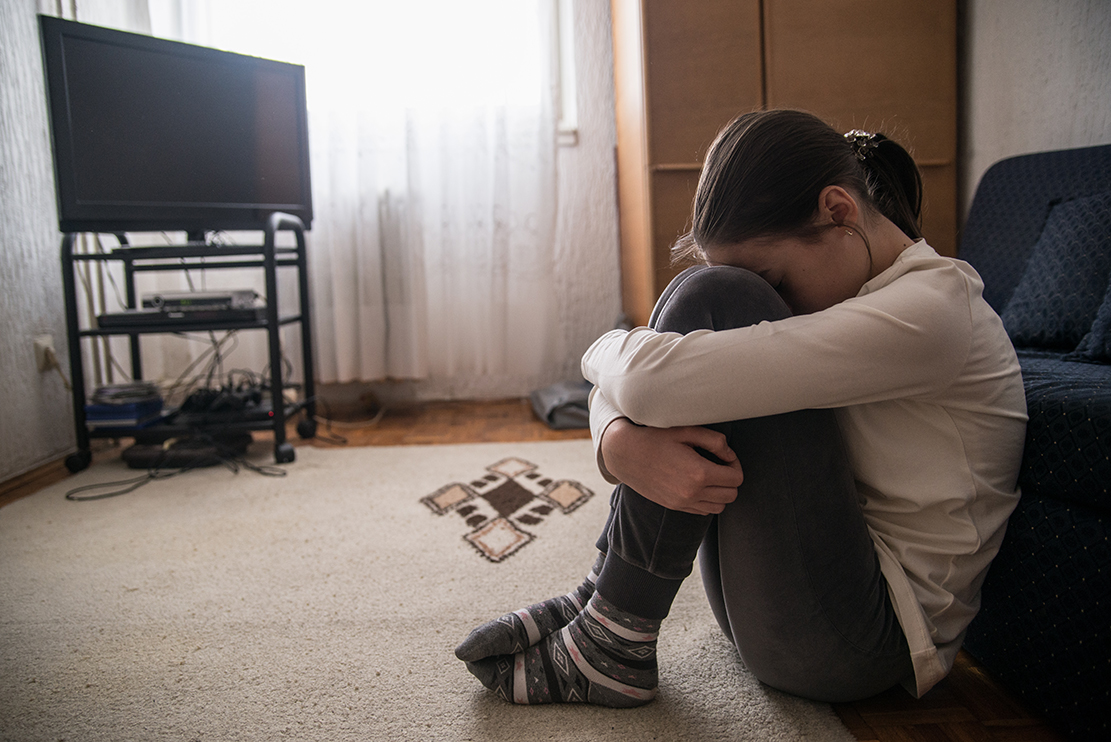We think of kids as being resilient. They’ll get over it. Oh, this is normal for their age. But the data doesn’t lie: 50% of mental illness actually begins by age 14. Without mental health treatment, many children run the risk of needless suffering and severe impairments that last beyond the childhood years.
How can a parent distinguish a serious mental health issue versus the serious business of growing up? Depression, anxiety, ADHD, eating disorders, and other mental health issues present differently in children than adults. For instance, an adolescent or teenager with depression may overreact, have behavioral problems, be very irritable, whereas an adult may come across as just being, melancholy and sad.
Distinguishing between normal behavior and depression or anxiety in children requires knowing what is normal for a child and what is not. Some red flags to look at are:
- Increasing withdrawal from formerly pleasurable activities
- Changes in diet or appearance
- Struggles with schoolwork
- Overreactions to mundane activities
- Voicing dread or unease
So, what can parents do if they observe any of these symptoms? The first thing to remember is that it’s not necessarily your fault. Children often purposefully hide how they’re truly feeling from their parents so it can be difficult to notice when a child is suffering from a mental health threat versus normal growing pains.
Second, when bringing up the subject of mental health with children, it’s helpful to have a non-judgmental attitude and avoid using words like “crazy”, or minimizing your child’s feelings by normalizing their behavior as a “part of growing up”. Approaching your child in a therapeutic manner involves noticing their behavior, validating their feelings, and asking open-ended questions. For instance, a conversation with a teenager might start with, “Hey, I noticed you’ve been sleeping a lot more. Is there something you want to talk about,” rather than “You’re past your bedtime. No wonder your grades are bad.”
It’s also important to remember that not all children will want to talk about their feelings when you want to talk about them and that’s ok. Some might respond to a different form of communication like texting, or a letter. Or they prefer not being face-to-face. Talking when you’re in a car can be more successful and less threatening. What matters is that a parent keeps trying.
For more information, you can also watch this interview I did with Sarah Mobley, a nurse psychiatrist at Alleviant Health Centers of Denver or book an appointment if you have a mental health issue and are in the Denver area.





